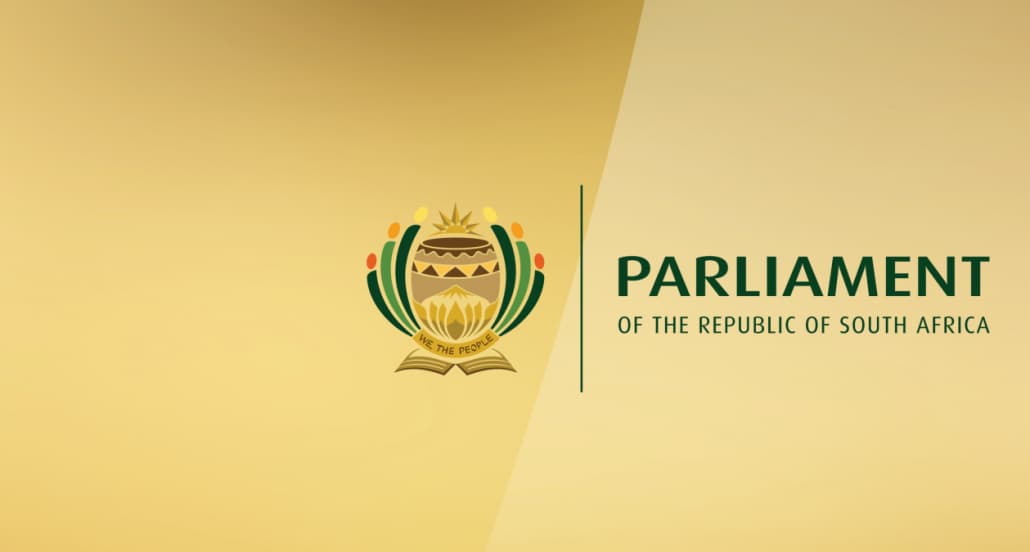With general elections coming up on 29 May 2024, it is logical to wonder what happens to the current Parliament. Does it get dissolved? Does its term of office simply expire?
In the case of the current Parliament – the sixth under democracy, and the 27th since 1910 – its term expires at midnight on 21 May, explains the Parliamentary Monitoring Group (PMG). This is because the sixth Parliament was convened on 22 May 2019 – it held its first sitting on this date – after elections on 8 May that year.
Parliament is elected for a term of five years, and national and provincial elections take place simultaneously – hence the term ‘general’ election. Whenever there is a general election, a new Parliament is constituted.
“In terms of section 49 of the Constitution, a proclamation calling and setting dates for an election may be issued before or after the expiry of the term of the National Assembly (NA),” says PMG. “The president has proclaimed the date of the general election as 29 May 2024.”
Furthermore, elections must be held within 90 days of the date the NA’s term expired or it was dissolved – but because the election happens after the expiry of the term, there is no need to dissolve the NA. If the elections were to happen before 21 May, the NA would be dissolved.
Once the NA has been dissolved or its term expires, however, it is still able to perform its functions until the day before the polls open for voting for the next Parliament. “So from 21 May to 28 May midnight, the NA can meet for any business.”
In previous years, says PMG, the House was dissolved on two occasions, and its term expired on two occasions:
In terms of bills and other matters still under consideration by the legislature, these processes will lapse at midnight on 21 May.
“Loose ends are gradually being knitted together, negotiations are ramping up and decisions are being made on what business to finalise or forego,” says the People’s Assembly blog.
“In terms of Parliament’s rules, business before the legislature lapses when its term ends, or when it is dissolved. When a bill or another matter lapses, the new Assembly can, by way of a motion in the House, revive the matter.”
Parliament
Parliament consists of two Houses – the NA, and the National Council of Provinces (NCOP). The NA known as the lower House, and the NCOP is the upper House.
When we speak of members of Parliament (MPs) we refer to the NA, because it is that House which is directly elected through national and regional lists each political party compiles. The number of NA seats that a party has is proportional to the number of votes it garnered in the elections. In 2024, in addition to the two ballot papers for the national and regional allocation of seats, there will be a third ballot, for independent candidates. This year marks the first time independents will contest a national election in South Africa.
Members of the NCOP are elected by provincial legislatures, and there are 90 delegates (not members) – 10 for each province. Of the 10, six are permanent and four are referred to as special delegates. This means that every province is equally represented in the NCOP.
The NA and the NCOP both conduct their business through individual and joint sittings, committee meetings, debates, legislative consideration, public participation, and more.

